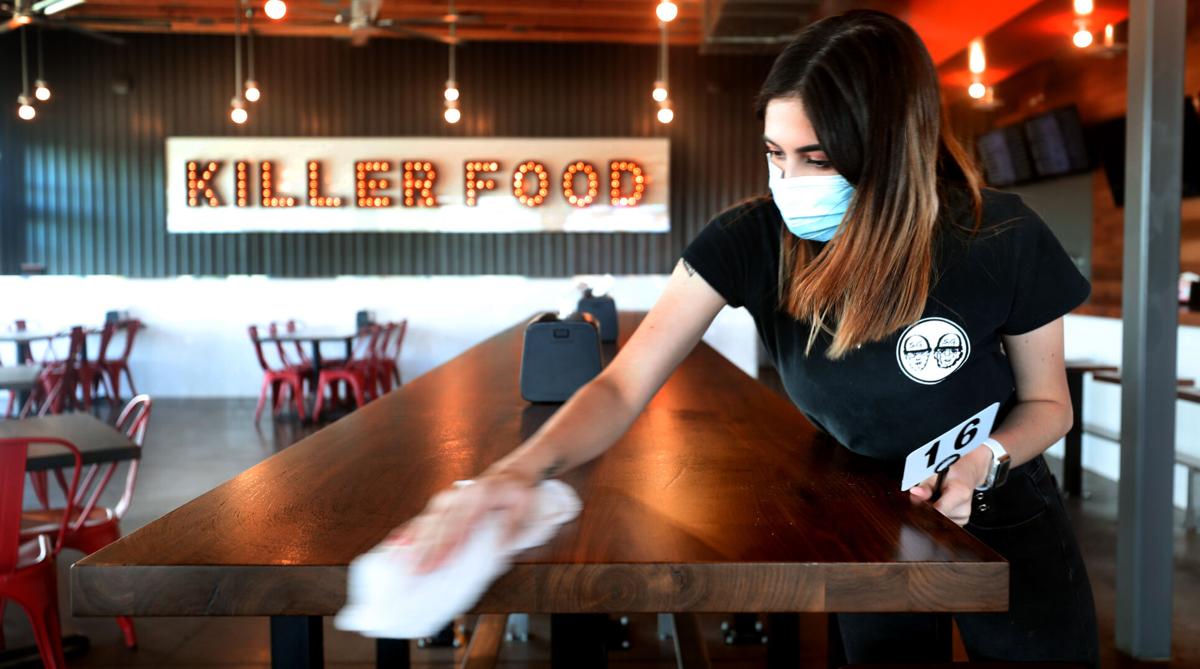The increasing comfort of Arizonans to get out and about is having a definite effect on the state economy.
On paper, Arizona's seasonally adjusted unemployment rate remained unchanged in April at 6.7% as the state continues to try to recover the jobs lost since the beginning of the pandemic.
Overall, the state added 7,900 jobs in the private sector over March, a gain of just 0.3%.
That makes another small dent in the 321,600 jobs lost in the private sector since February 2020. To date, Arizona has recovered 78% of those jobs.
But there are some bright spots, and they are related to changes in behavior.
Bars and restaurants added another 3,500 workers between March and April. That's a gain in employment of nearly 57,000 from a year earlier.
Hotels, motels and resorts also picked up another 600 employees this past month. But its recovery still lags with overall employment a little better than last year, all likely tied to whether people are willing to travel.
But something else is occurring.
The one sector of the economy that had been doing better than pre-pandemic levels all along has been trade and transportation. That has been driven largely by the change in shopping habits as Arizonans moved to online purchases, sharply boosting employment in warehouses and delivery services.
Last month, however, those services actually shed 3,600 jobs. By contrast, there are some signs of life in the more traditional retail sectors, with job gains in department stores.
"With the rollout of the COVID-19 vaccine and just the precautions that businesses have been taking, the health precautions, we have seen more economic activity within the traditional brick-and-mortar retail stores over the last couple of months," said Doug Walls, the marketing information director for the state Office of Economic Opportunity.
Elsewhere in the economy, construction added 400 jobs last month. That brings total employment to about 133,500.
It also means 82% of the construction jobs lost since the beginning of the pandemic have been recovered.
One thing that may help spur that along is a general upward trend in the number of permits developers took out for new private housing. As of last month that figure was 5,243, a 16.6% increase from a year earlier.
But that still is far from the peak of more than 9,000 a month from the early 2000s. That's when developers were building as fast as they could, people were buying based on easy credit, speculators were investing, prices were skyrocketing — and then the housing bubble burst as homeowners abandoned their properties as they found themselves owing more on their property than it was worth.





